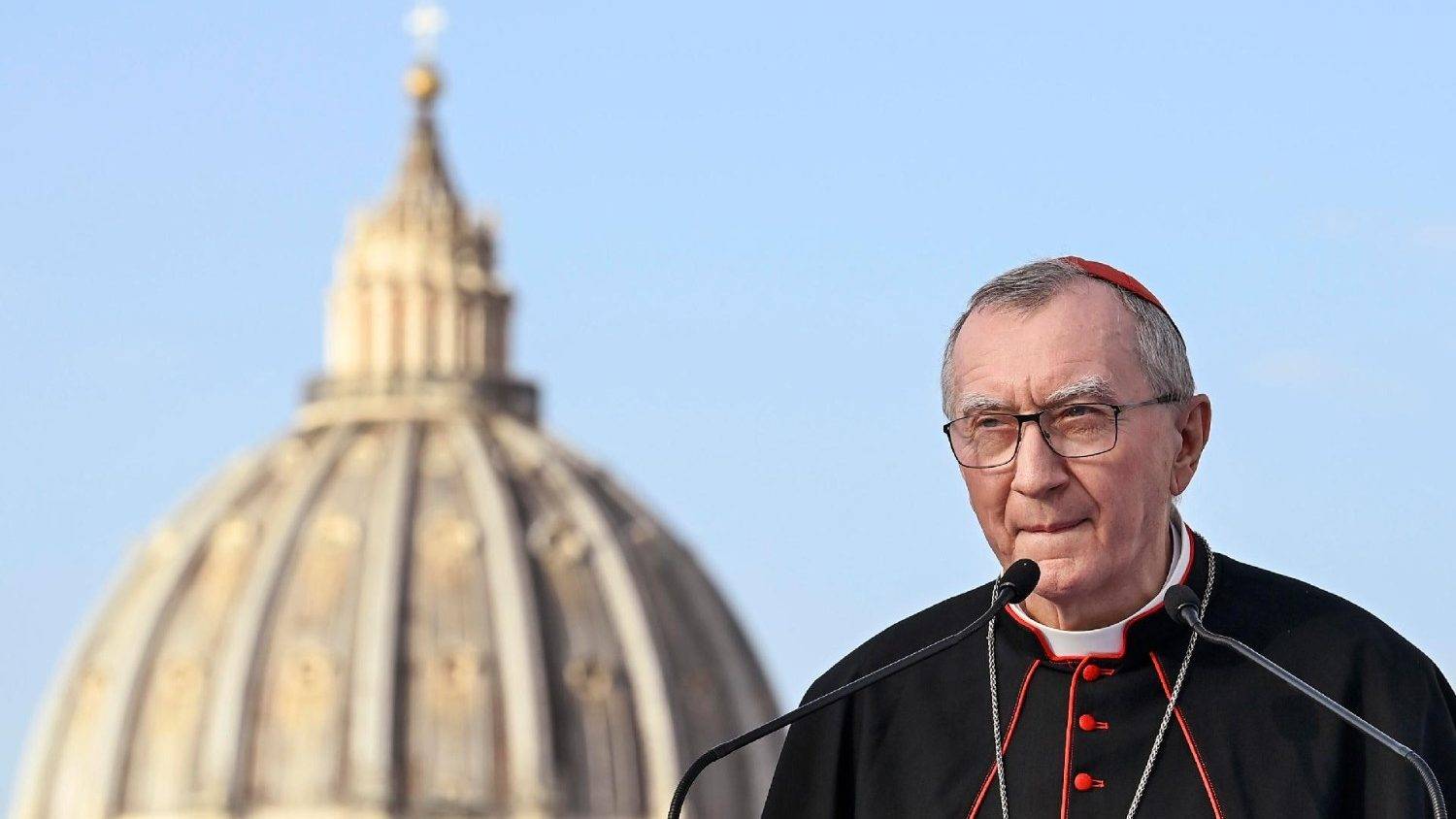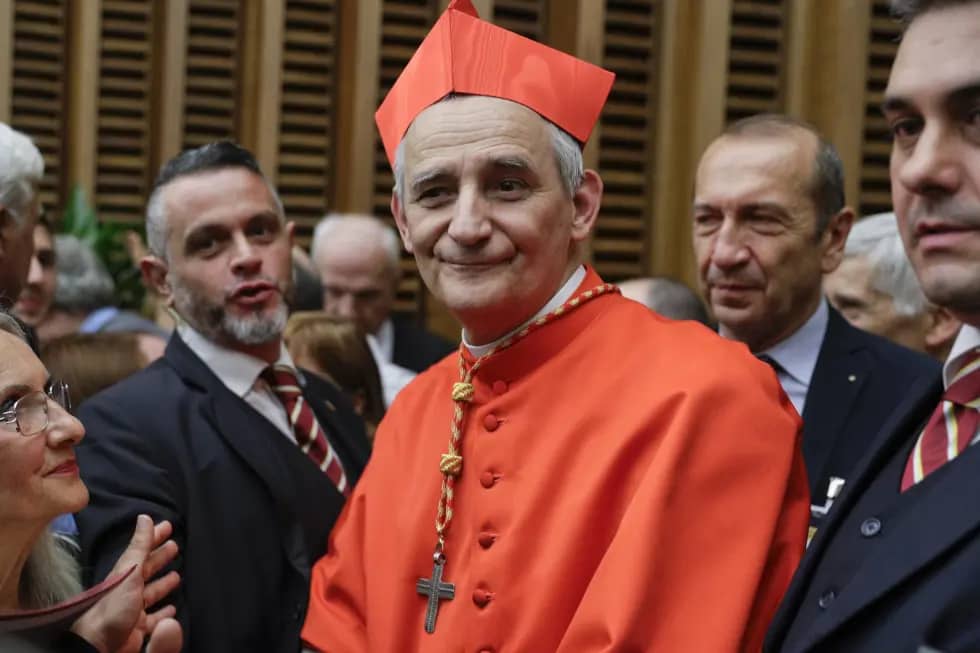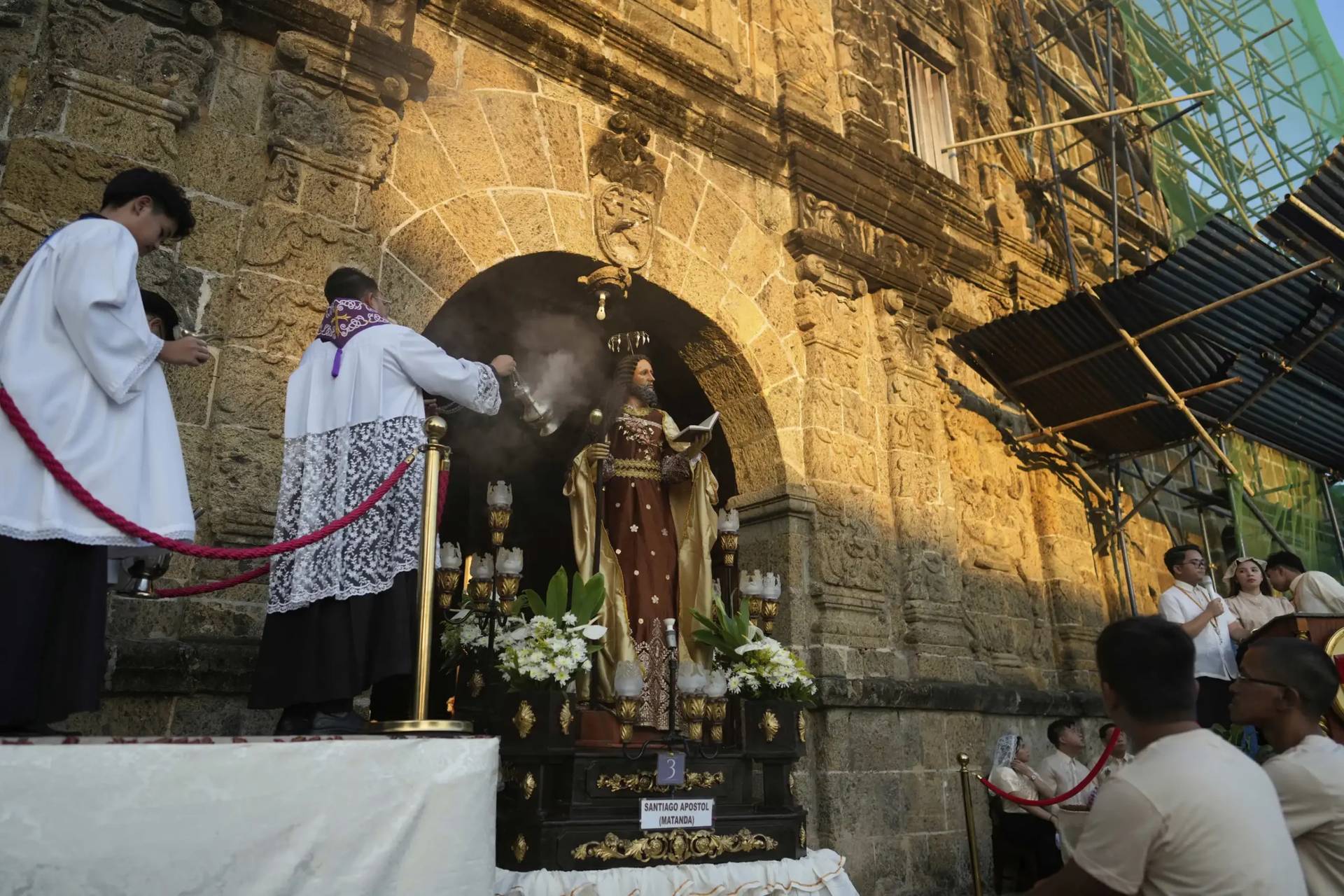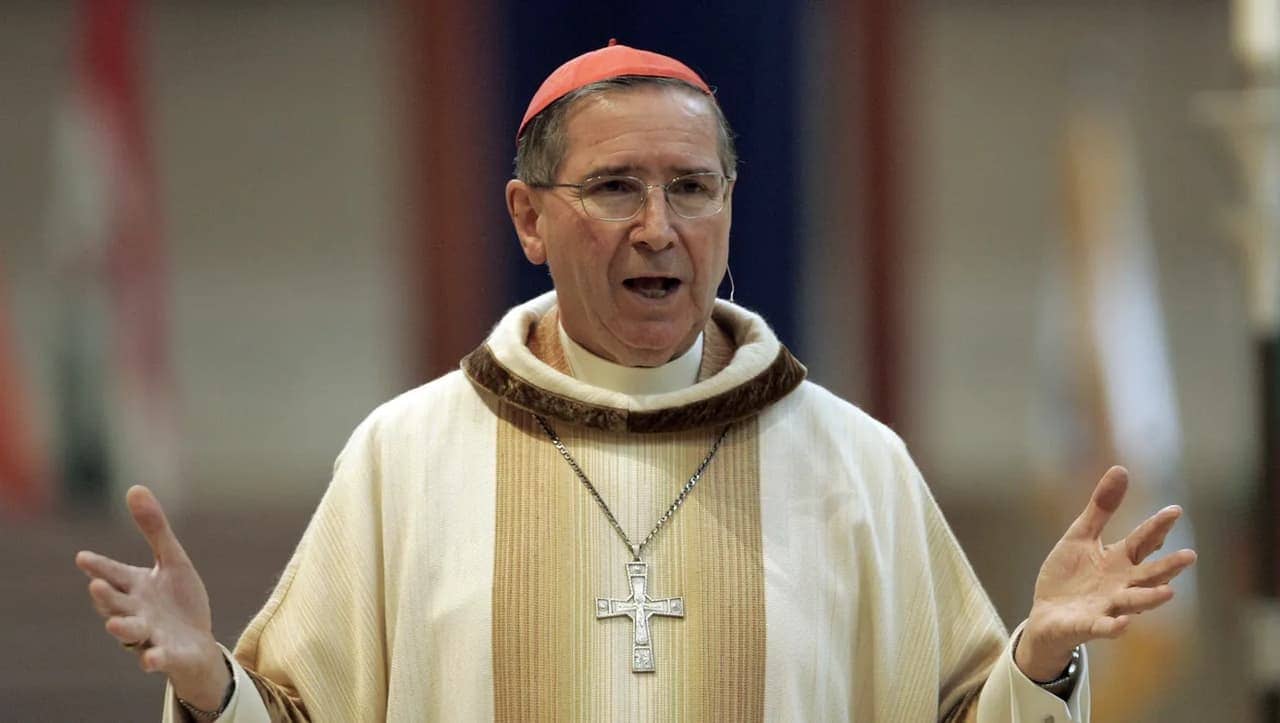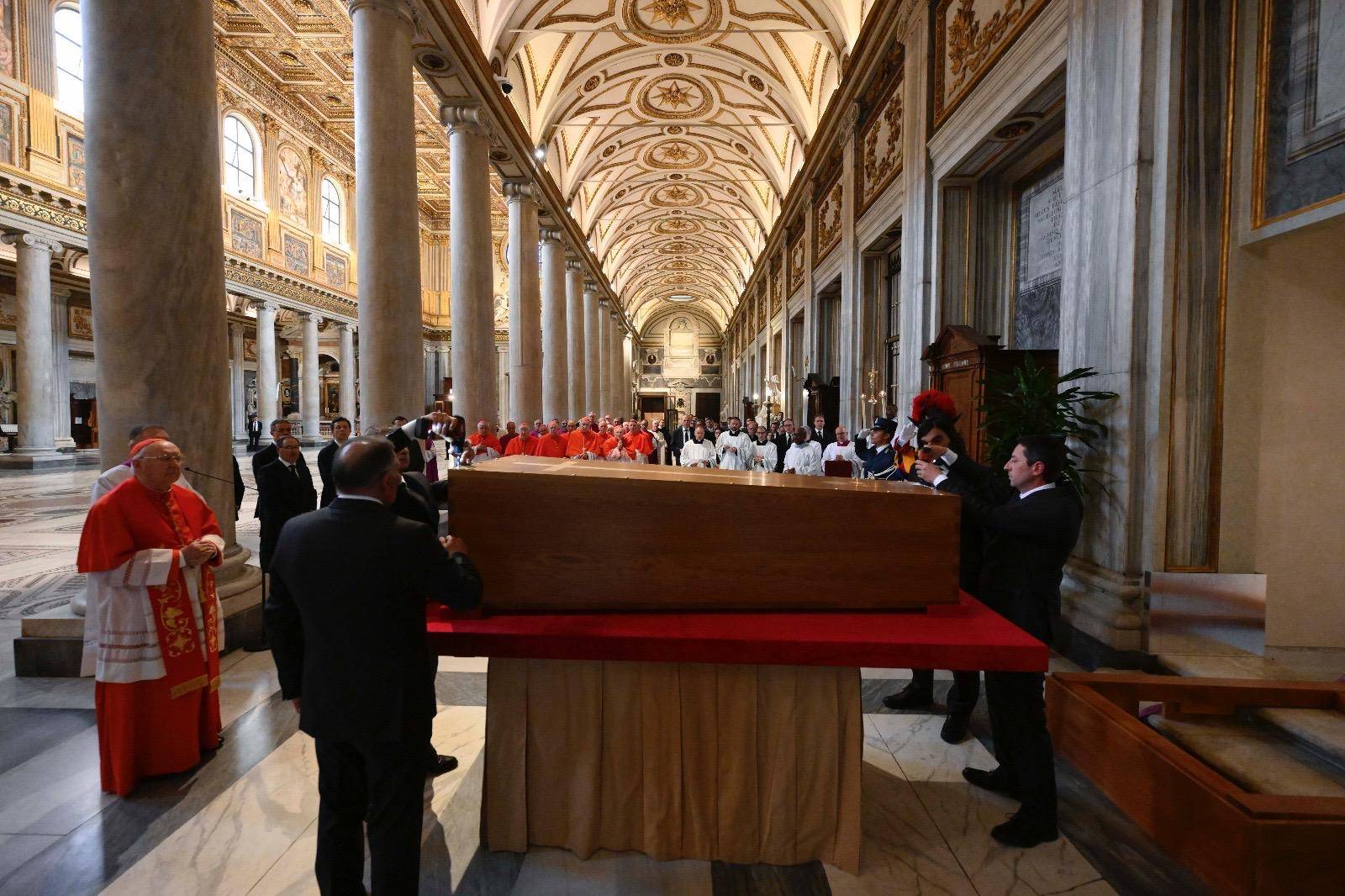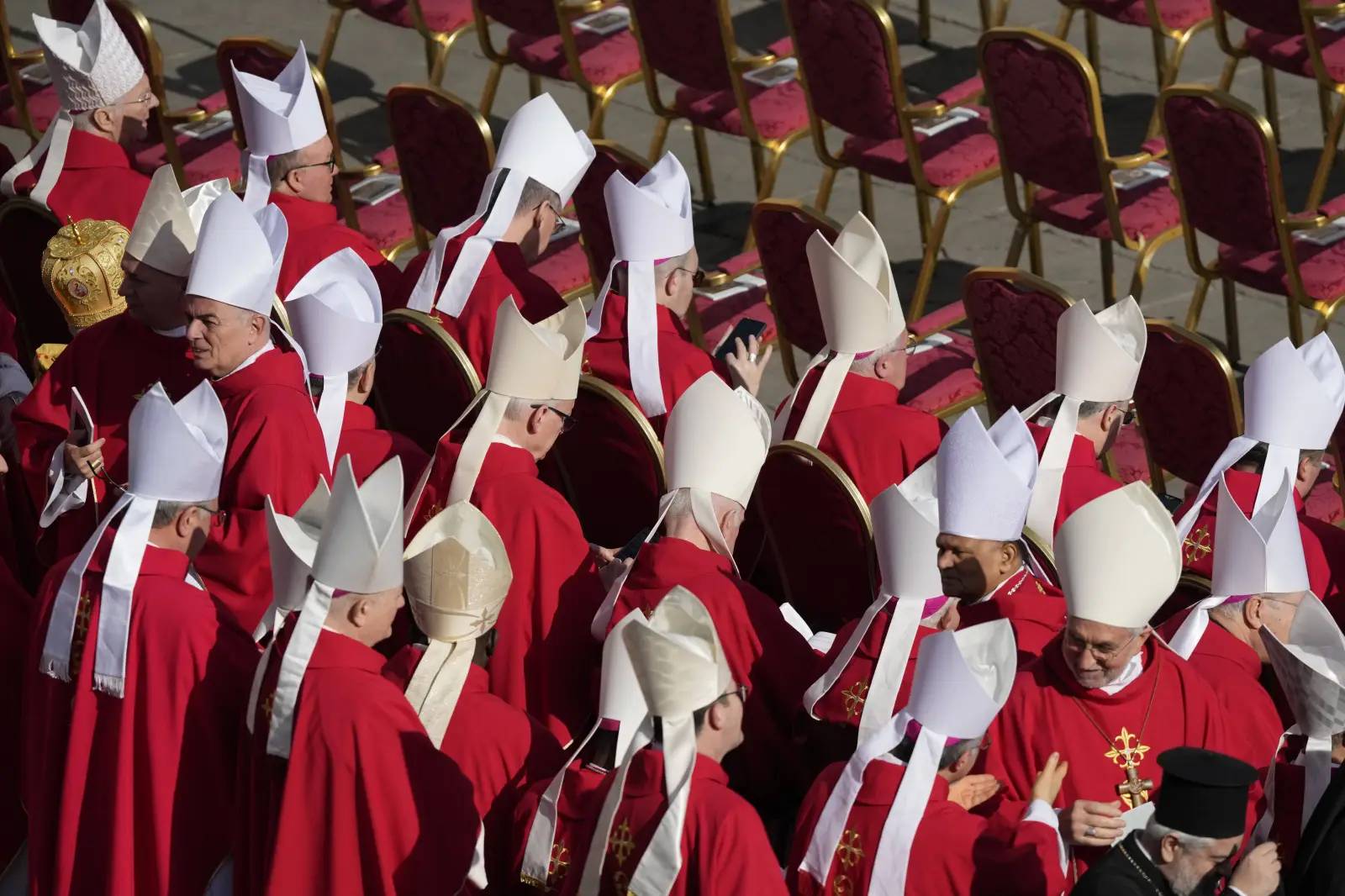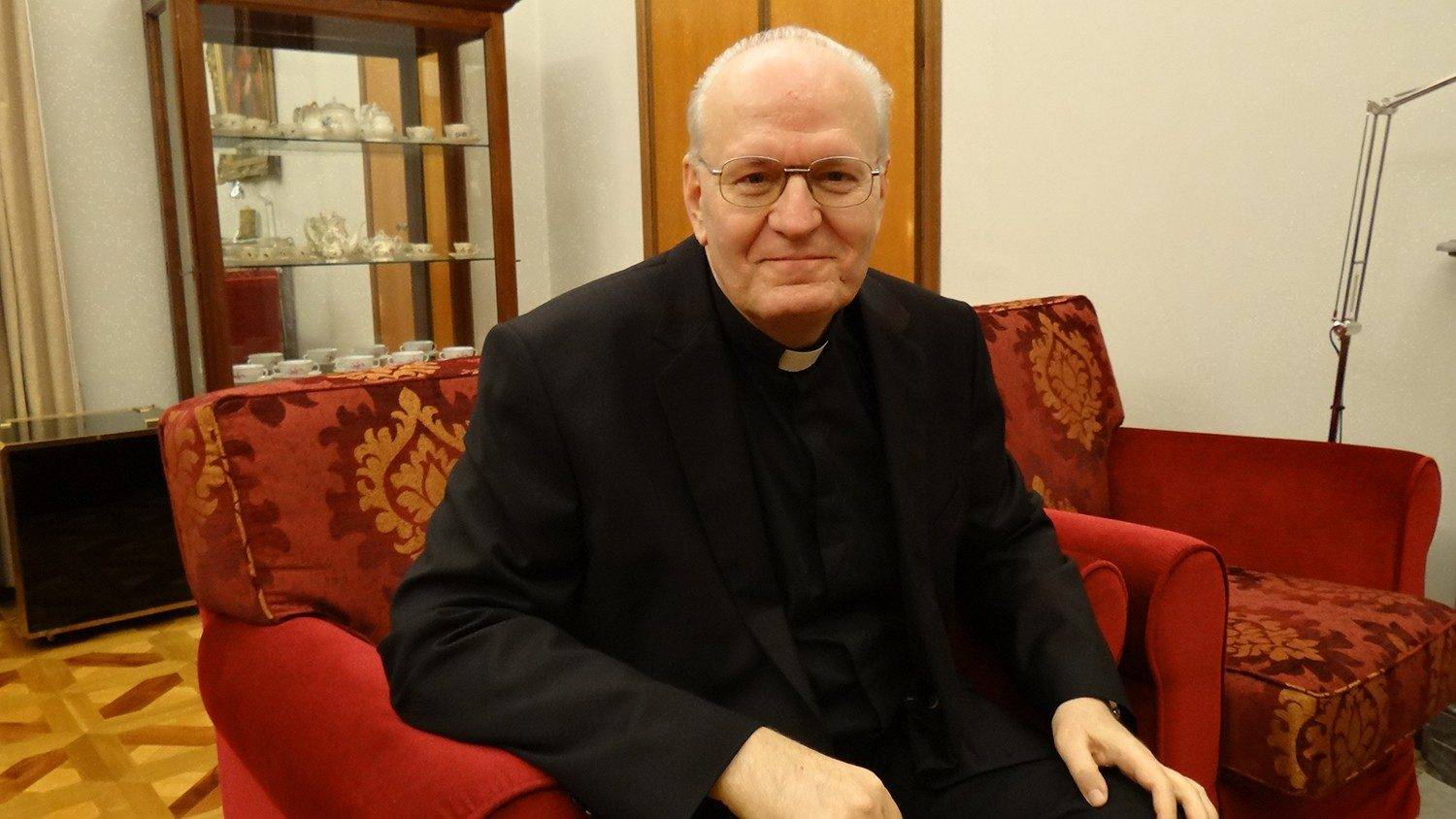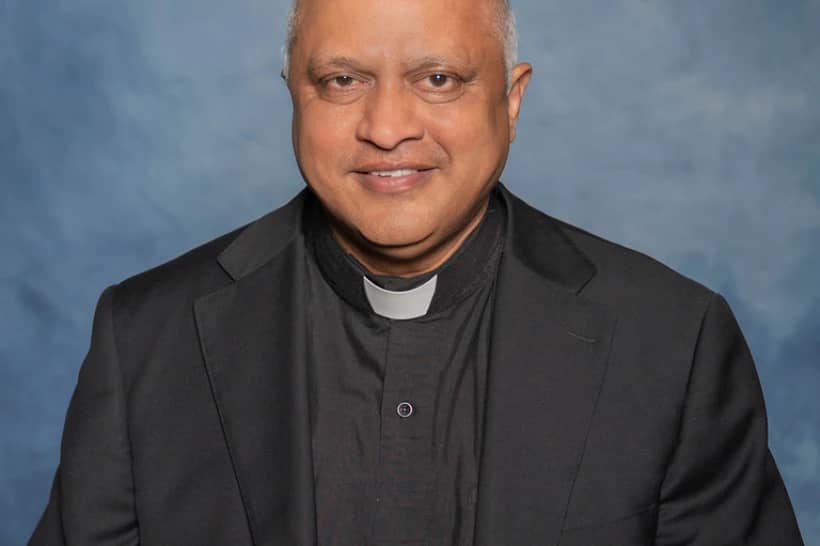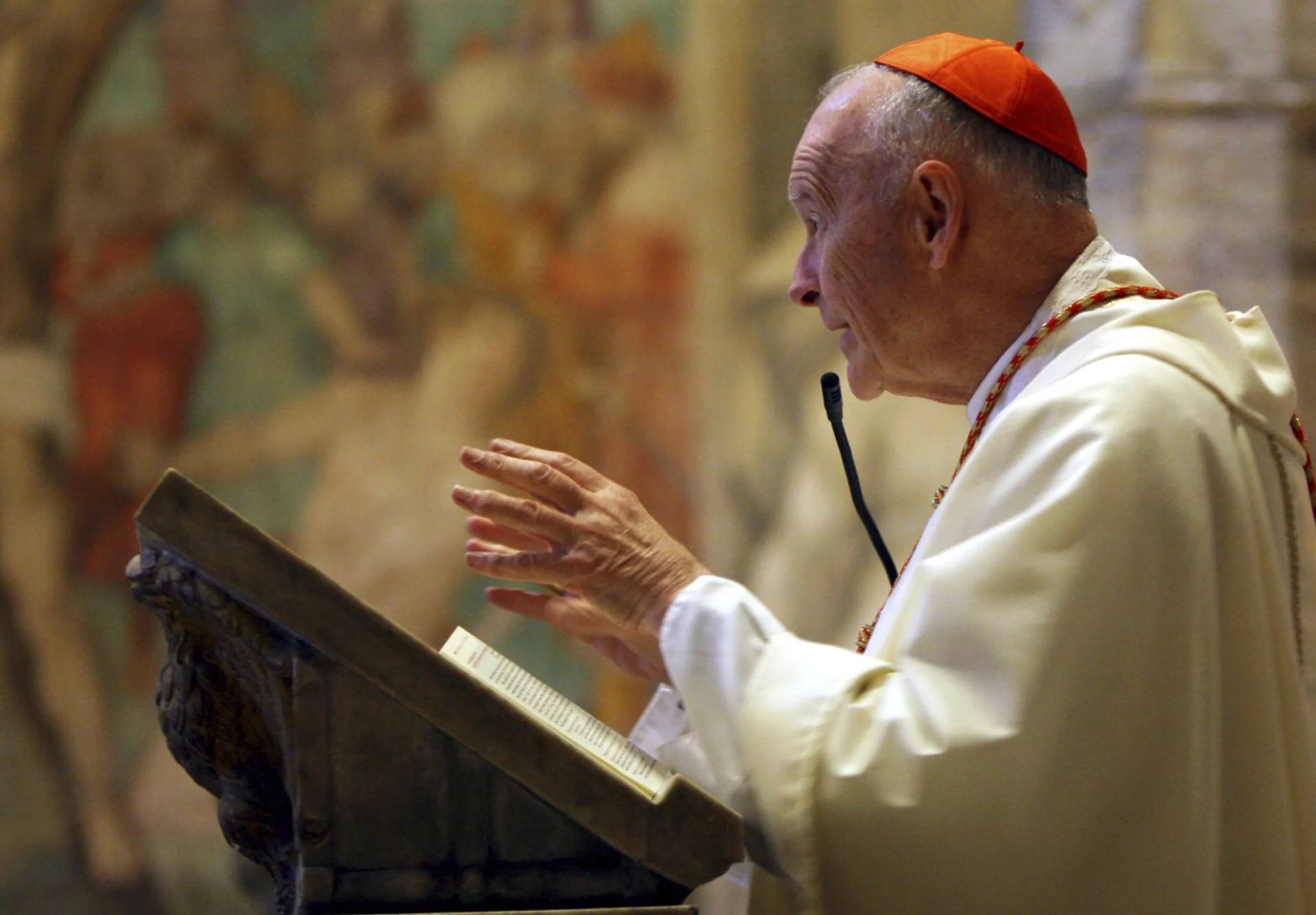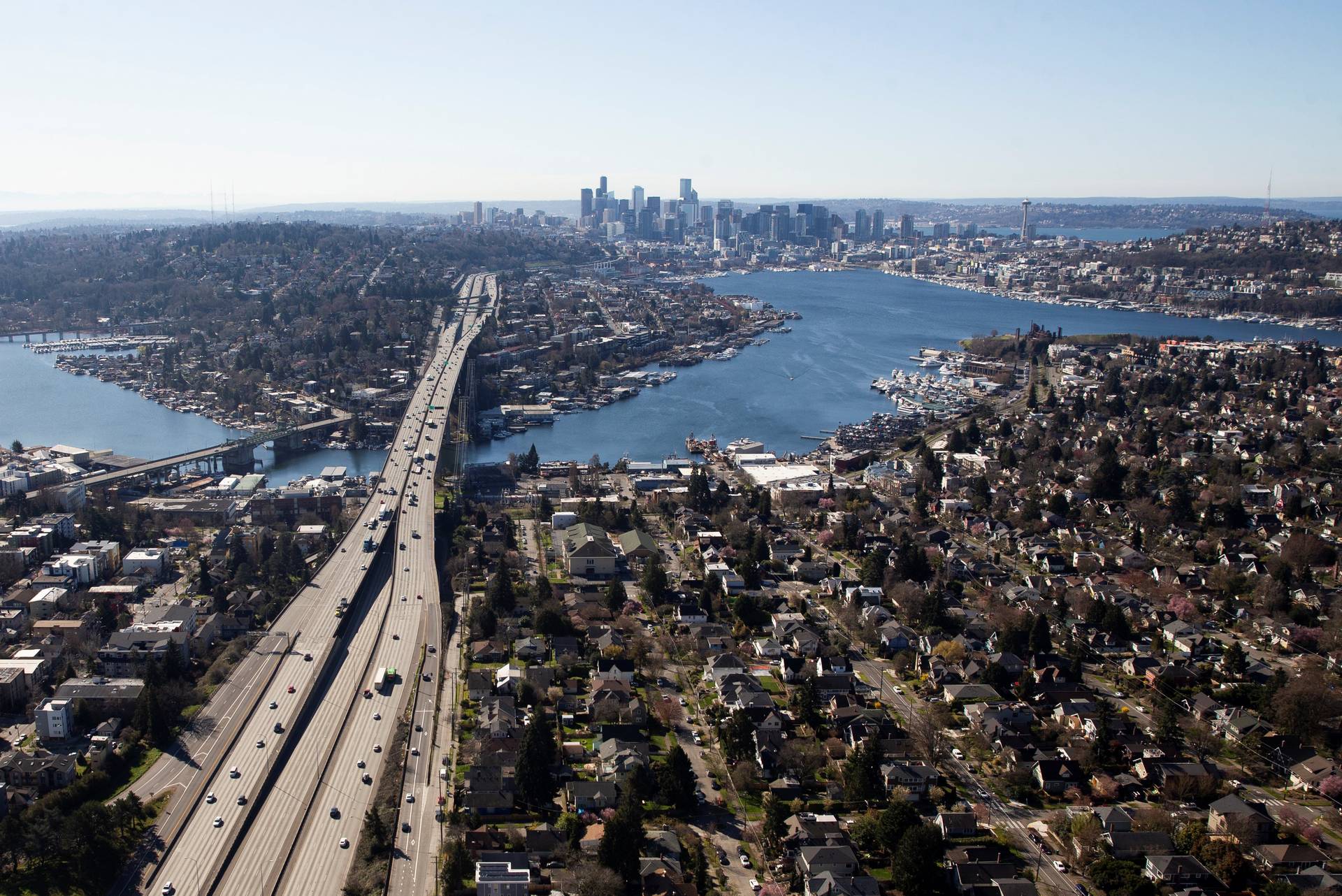NEW YORK – When Father Eliseo Napiere was young, growing up on the island of Bohol in the Philippines, he remembers hearing about a missionary priest who was killed in the southern part of the country. It was then he decided to become a missionary priest himself.
“I wondered who would continue the work if missionary priests were being killed and kidnapped, and I thought that I might have the capacity to take the challenges, or the sacrifices, of the missionaries,” Napiere recalled. “So I was inspired by that and that’s why I joined the missions.”
Napiere entered the seminary in high school, and joined the Mission Society of the Philippines (MSP) in college. He was ordained a priest in 1991, and has served the church as a missionary in different parts of the world ever since. And in about three months, he will embark on his most unique assignment yet.
On June 3, Pope Francis appointed Napiere, currently the pastor of St. James the Less Catholic Church in the Diocese of San Bernardino, California, as ecclesiastical superior of the Mission Sui Iuris of Funafuti on the island nation of Tuvalu in Polynesia.
Tuvalu consists of four reef islands and five true atolls, is located midway between Hawaii and Australia, and has a population of about 11,000 people – a population larger than only Vatican City. Virtually the only jobs in the islands that pay a steady wage or salary are with the government, according to a U.S. State Department Profile. And subsistence farming and fishing are the primary economic activities.
The Catholic Church in Tuvalu consists of one parish, and about 100 people. A Mission Sui Iuris, of which Funafuti is one of about a handful, is an independent mission established by the church in places where there aren’t very many Catholics, who face persecution or live in a very remote area. The vast majority of the people in Tuvalu are members of the Church of Tuvalu, a Calvinist Congregational denomination.
Napiere said he doesn’t necessarily know what to expect when he arrives, but knows he will learn a lot.
“Pope Francis once said that missionaries should smell like sheep, but now, I should smell like fish,” Napiere told Crux. “Dealing with fishermen and the local people there, learning from them their culture, their language, their way of life, that’s a profound missionary undertaking.”
“It’s not what I can give to them. It’s what they can give to me,” Napiere said.
Napiere found out about the appointment on June 2, when he received a call from Archbishop Novatus Rugambwa, the Apostolic Nuncio to Aotearoa New Zealand. Napiere said Rugambwa asked if he would accept the appointment, “and so as a missionary that is our profound virtue, the virtue of obedience, so I thought about it for a while and I accepted.”
After his priestly ordination, Napiere was assigned as a Dean of Seminarians at the Fil-Mission Seminary in Tagaytay City, in the Cavite Province of the Philippines. He was then assigned to a post as a missionary in the Diocese of Taichung in Taiwan, where he said he engaged with different cultures, and served migrant workers from countries including Vietnam, Thailand, Indonesia, and the Philippines.
From there, Napiere served as executive secretary of the Episcopal Commission for the Pastoral Care of Migrants and Itinerant People and a National Director of the Apostleship of the Sea of the Chinese Regional Bishops’ Conference (CRBC) from 2002-2016.
Then, in 2016, he pioneered the MSP Mission in the Diocese of San Bernardino, and was the Parochial Vicar of St. Edward Church in Corona, before he was appointed Pastor of St. James the Less in 2018.
Napiere said that every one of his roles have been fulfilling to his missionary life.
“All of the experiences that I have maybe can be rolled into one in my new missionary undertaking,” Napiere said. “Maybe I can have something to share as the people are also sharing with me their own way of life and culture.”
Napiere will be installed to the Mission Sui Iuris of Funafuti on September 8, the 33rd anniversary of his diaconate ordination. A Mission Sui Iuris isn’t under a specific diocese, and is instead under the Congregation of the Evangelization of Peoples at the Holy See. As ecclesiastical superior, Napiere will be a member of the Episcopal Conference of the Pacific.
Of his priorities, Napiere said he expects to hold interreligious dialogues. He also said he hopes to grow Catholicism in Tuvalu, invest in education for the children, and connect the church more with civil society “to help uplift the life of the people there.”
“Whatever God wants of me,” Napiere said.
Follow John Lavenburg on X: @johnlavenburg







